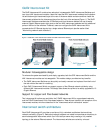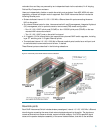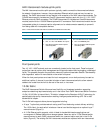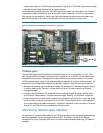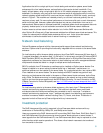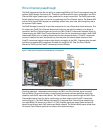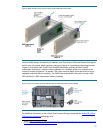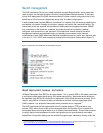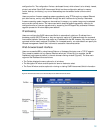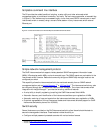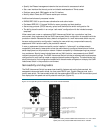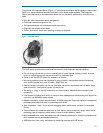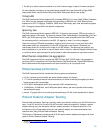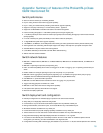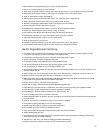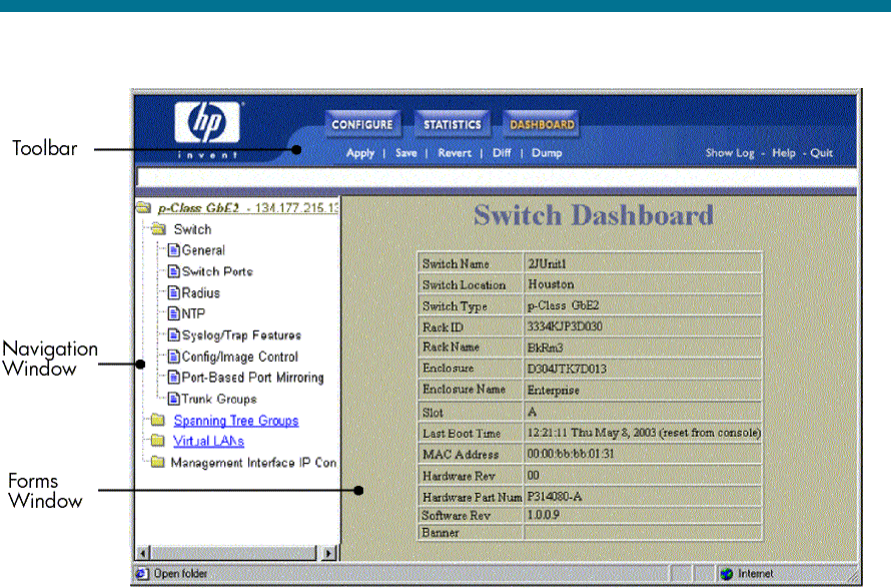
12
configuration file. The configuration file has a text-based format, which allows it to be directly viewed,
printed, and edited. Each GbE2 Interconnect Switch has three configuration settings in memory
(active, back-up, and factory); any one of these settings can be selected as the current runtime
version.
Users can perform firmware operating system upgrades by using TFTP through any external Ethernet
port after boot-up, and by using XModem through the serial interface during boot-up. Redundant
firmware operating system images can be contained in memory; any system image may be selected
as the current runtime version. The interconnect switch simplifies system upgrades by retaining its
configuration after a firmware upgrade and by supporting the HP Support Paq automated firmware
upgrade process for Windows deployment stations.
IP addressing
Users can configure the GbE2 Interconnect Switch to automatically obtain an IP address from a
bootstrap protocol (BOOTP) server or they can manually assign an IP address through the command
line console interface. Users can also assign an IP address from the BBI; however, they would have to
reconnect with the newly assigned IP address. For increased security, an administrator can specify the
IP-based management network that is allowed to access the interconnect switch.
Web browser-based interface
Users can access the BBI by using Internet Explorer or Netscape Navigator over a TCP/IP network.
Thus, access is possible via any external Ethernet switch port. When log-in is complete, the BBI
Dashboard page opens by default in the web browser viewing window (Figure 8). The three main
regions of the Dashboard area as follows:
• The Toolbar displays the menu options for all windows.
• The Navigation Window contains particular items or features to select.
• The Forms Window contains options for viewing or altering GbE2 Interconnect Switch information.
Figure 8. Browser-based interface for ProLiant BL p-Class GbE2 Interconnect Switch



